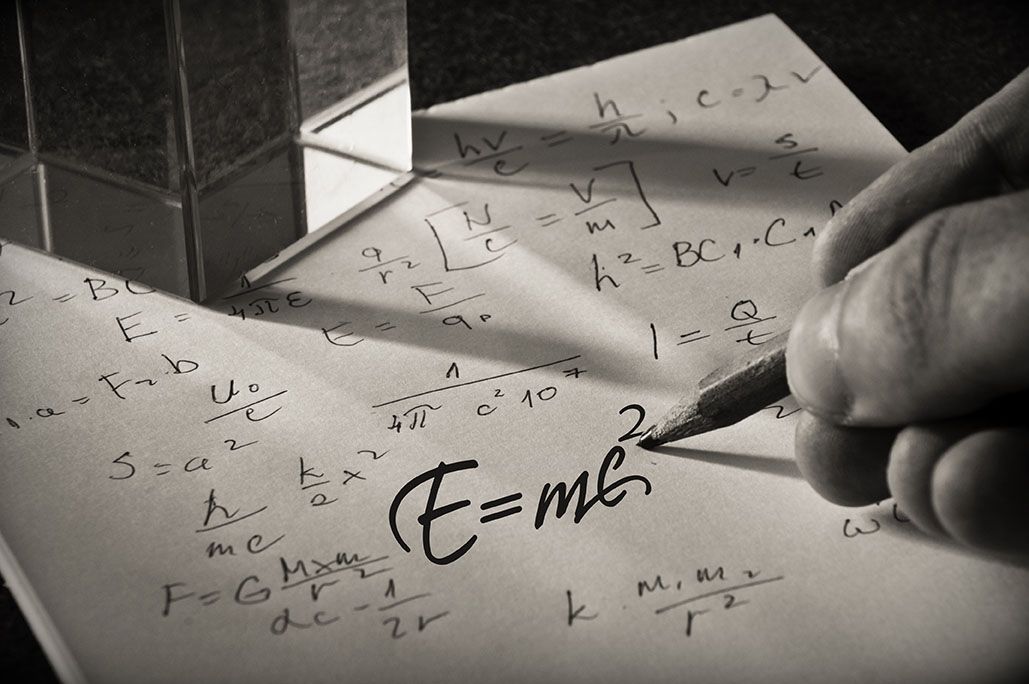

Albert Einstein was a German-born theoretical physicist who developed the theory of relativity, one of the two pillars of modern physics (alongside quantum mechanics). His work is also known for its influence on the philosophy of science.
Einstein is best known to the general public for his mass–energy equivalence formula E = mc2, which has been dubbed "the world's most famous equation". He received the 1921 Nobel Prize in Physics "for his services to theoretical physics, and especially for his discovery of the law of the photoelectric effect", a crucial step in the development of quantum theory.
Einstein is generally considered the most influential physicist of the 20th century and one of the most influential people of the 20th century. His work is also known for its influence on the philosophy of science.
Here are some of the key things to know about Albert Einstein:
Einstein's work on the photoelectric effect won him the Nobel Prize in Physics in 1921.

Albert Einstein is a proper noun.
The surname "Einstein" is of German origin. It is derived from the Middle High German word "einsteinen", which means "to enclose or surround with stone". The name may have originally been given to someone who lived in a stone house or in a village that was surrounded by walls.
The name "Albert" is of Germanic origin. It is derived from the Old High German word "adalbrecht", which means "noble and bright". The name was originally given to boys who were expected to be strong and intelligent.
The name "Albert Einstein" is therefore a combination of two words that both have positive connotations. This is perhaps a fitting name for someone who was such a brilliant and influential scientist.
What is Albert Einstein most famous for?
Question: How did Albert Einstein's theory of relativity change our understanding of the universe?
This question would test your understanding of the theory of relativity and its impact on our understanding of the universe. You would need to be able to explain that the theory of relativity changed our understanding of space, time, and gravity.
Here is a possible answer to the question: